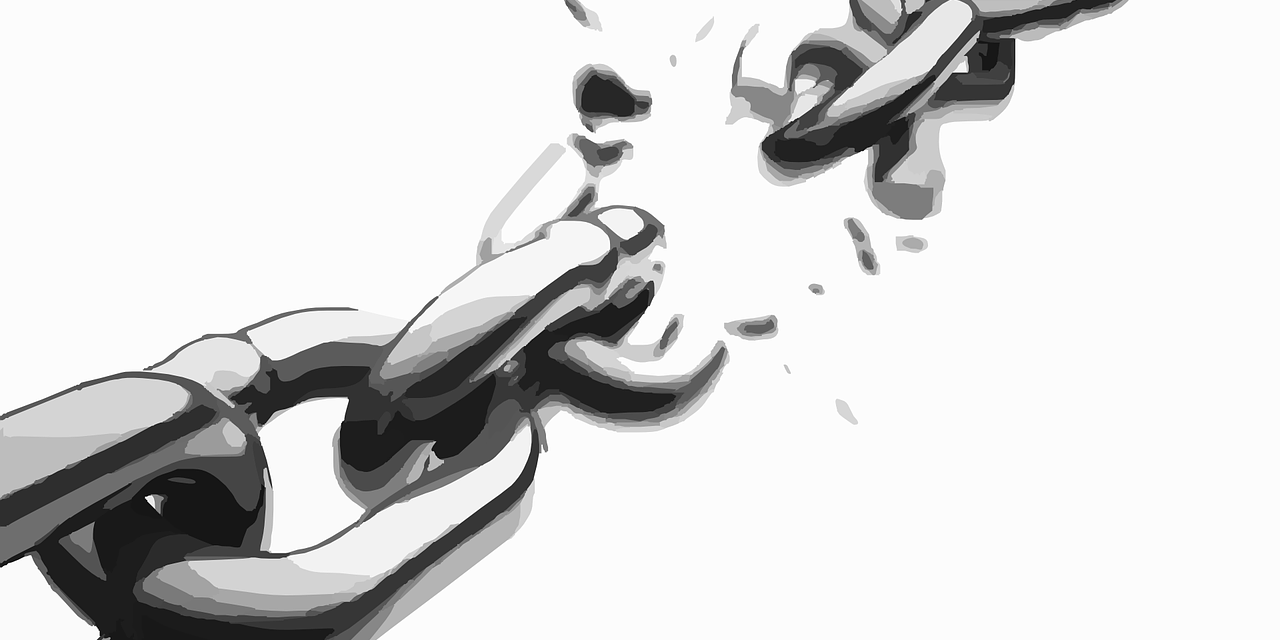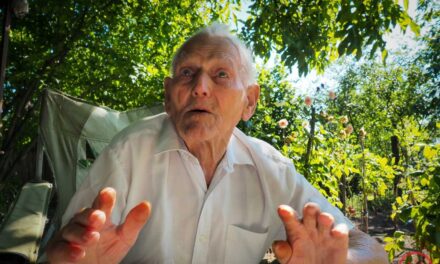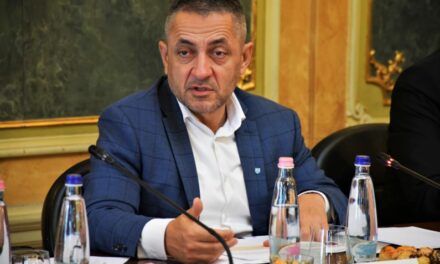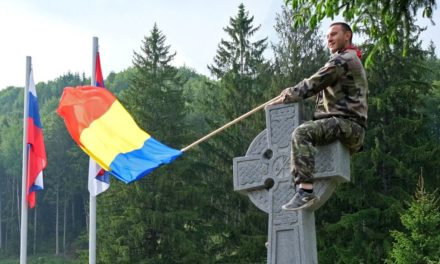Weapons transported under gardens in Eastern Slovakia, peace as a forbidden word in Ukraine. Although the country is a clear victim of Russian aggression, it is difficult as a Hungarian to be loyal to a state that does nothing for its minorities. The Hungarians of Eastern Slovakia and Subcarpathia both suffer from the war and its effects. On-site report.
- I live in a country where weapons are transported on the railway under my garden.
"Can I describe it?"
"Of course." I agree to this by name. So many things have happened to me and my family in history that I ask: what should I be afraid of? - says Csaba Furik, the Kassa county representative of the Slovak Hungarian party, Szövetség, mayor of Kisgéres.
The war affected the eastern Slovakian region, including the Hungarian-majority Upper Bodrogköz and the part of the former Ung county belonging to Slovakia. According to the local politicians, neither the Bratislava government nor the European Union received additional support to deal with the refugee situation.A crowd came across the border the likes of which we had never seen before
- says Tibor Varga, mayor of Kaposkelecsény, district chairman of the MKP platform of the Association.
Almost none of the refugees stayed in the region, they were usually already waiting by car at the border, or were taken onward shortly after their arrival. In the region, the local governments, civil organizations and the population also joined forces to help with the care and accommodation of the refugees.
"I know from colleagues in Transcarpathia that there are people who stay for a longer period of time," points out Tibor Varga, who added that they tried to help so that the donations reach Transcarpathia in a targeted manner. However, he now sees that it is not typical for crowds to cross, for example, at the Szelmenc pedestrian border crossing.
"I was surprised how much people see things around here"
- says Csaba Furik, who says that there is a lot of propaganda on both sides, but Bratislava, the West or the Russians are not naive, no matter how much they push their own narrative in their faces.
The politician recalled: at the very beginning of the war, he received information from local insiders that trucks full of unregistered cargo were heading towards the Ukrainian border. Almost without exception, these contained weapons, which reached the front completely unchecked through Slovakia and Subcarpathia, among others.
The war once again divided the Hungarianness of the region
Csaba Furik and Tibor Varga are also worried about the Transcarpathian Hungarians, with whom the region tries to maintain contact as much as possible. Historically, the Felső-Bodrogköz and the Ung region were one region, which was then cut into three parts after the Second World War. On the other hand, in the area currently spread over the territory of Slovakia, Hungary and Ukraine, Hungarian people speaking the same dialect still live on all three sides of the border.
Many villages in Upper Bodrogköz and Ung-Vidék have recently tried to establish sisterly relations with the settlements in the mother country on the other side of the border. According to local politicians, this trend also exists towards Transcarpathia, although the process was more difficult until the Szelmenc border was opened in 2005, and then the coronavirus epidemic and the war made it difficult again.
After the Second World War, many family ties were severed, so that family members did not see each other for decades after the border was drawn.
I also have relatives whom I only met in the last decade, after the opening of the Szelmenc border
- says Tibor Varga, who is connected by family ties to Nagyszelmenc and to several Subcarpathian settlements on the Ukrainian side.
The village was cut in two after 1945, as the Czechoslovak-Soviet border was drawn here, which today separates Slovakia and Ukraine. There was no crossing between the two parts of the village until 2005, the parts of the settlement were divided by wire fences. That year, however, the pedestrian border was opened to international intervention, which made it easier for Hungarians living on both sides of the border to find each other.
I also cross the border here, where on the other side Bernadett Nagy, the mayor of Kisszelmenc and Palágykomoróc is waiting for me. In Ukraine, the new self-government law was introduced in 2020, according to which the self-governments of smaller settlements were merged into micro-regions, where up to 11-12 villages have a mayor and a unified representative body, as well as a leader from each settlement.
Among the leaders of the sister settlements, I personally met only the mayor of Nagyszelmenc, Lajos Tóth
- says Bernadett Nagy, who has been the head of the two previously mentioned settlements since 2020. According to him, since the outbreak of the war, connections between sister settlements have been minimized out of necessity, as far as personal relationships are concerned.
"We have fruitful relations with Hungary, but now we have to re-sign these contracts due to the reorganization of the local government," adds Árpád Puskár, mayor of the Szürte microregion, where the total population of the 12 municipalities belonging to it is 9,063 according to data from January 1, 2023.The unity we showed together with Hungarians from the motherland and Slovakia was exemplary
- declares the leader of the small region, according to whom, after the outbreak of the war, the sister settlements immediately offered their help.
They also take men from inpatients to be soldiers
Bernadett Nagy said that although no direct combat has taken place in Transcarpathia, the war makes life difficult for everyone in the area, especially for men, who can be handed military conscription orders at any time, even on the way.
"There are queues," answers Árpád Puskár to our question. He adds,
the Szürte micro-regional municipality does everything to avoid forced forced queues.
In recent weeks, videos have appeared on various Telegram channels showing Ukrainian men being forcibly conscripted into the army against their will. Árpád Puskár says that this has never happened in the Szürte sub-region. According to him, however, the one-eyed boy was taken away from the inpatient mother to be a soldier, although he added that, in his opinion, the young man could have been somewhat more assertive.
"We will do everything to bring her back," declares the mayor, who said that they are working on the case, and that the mother is being cared for continuously. Forty men and one woman from the sub-region are currently serving at the front, and the settlements belonging to it have so far had two fatalities and two seriously wounded who were confined to wheelchairs for the rest of their lives.
This is not our war
- says a lady from the village, who says that the local community is still alive despite the war, although severely depleted. First, the start of the coronavirus epidemic and then the Russian invasion meant a big setback in the community life of the surrounding villages.
One should not even talk about peace in the church
The number of local schools also decreased significantly, although before the war the number of children enrolled in Hungarian-language primary schools showed an increasing trend. The director of one of these institutions says that almost a third of the students join the education here online, from abroad, although the effectiveness of this is low, because the children have typically already been enrolled abroad, so they are under a double burden.
From the building decorated with beautifully decorated walls and the Hungarian and Ukrainian flags and anthems, we then go down to the basement, which functioned as a bunker during the war. The underground spaces were also arranged so that schoolchildren could study and kindergarteners could play there.
If the national air raid warning is announced, it is mandatory for everyone from the school to retreat here. Anyone who wants to can take their child home, and parents usually take advantage of this option.
Despite the collective and personal tragedies, however, it is not recommended to talk about surrender or laying down arms, but even about peace, according to press reports."I can confirm this," answers our question from a local church leader, who says that they must be very careful what they say.
It would be difficult not to talk about peace in the church, but at the same time they can be reported at any time.
In the several hundred enthusiastic villages along the border, you can also find the Reformed, Roman Catholic and Greek Catholic denominations.
"I think the reason this horror didn't reach here is because the people here are still Christians," says a local woman, who says that the people there are much more religious than the refugees coming from beyond the Carpathians. From the conversations with the villagers, it was also revealed that although Subcarpathia was considered a small, peaceful oasis before and now, even during the war, it is not certain that the people who come here want to contribute to this in the long term.
"For us, this is our country"
"As a local leader, I was very deeply affected by the war," Bernadett Nagy points out, who also revealed that many people came from Kiev and its surroundings, many of whom had no homes left. They had to be received and accommodated, and they were also on twenty-four-hour duty for the care and reception of refugees.
According to the head of Palágykomóróc and Kisszelmenc, those from beyond the Carpathians have a different culture, but this has not been a problem so far, and they have tried to fit in. What seems certain, and this is confirmed by Árpád Puskár, is that the war will radically transform the ethnic relations of the region, because due to conscription, most of the Hungarian men have already left the country, and women and children will follow them.
We Hungarians are trying to stay here. For us, this is our country
- declares Bernadett Nagy, although according to him, even as a local official, the war and all its accompanying elements are very mentally taxing, some of which were already present in Ukraine before the invasion last February.
After saying goodbye, I head back towards the Szelmenc pedestrian border crossing. Such conversations always have a great impact on a person, and based on what they hear
it can be very difficult as a Transcarpathian Hungarian to be loyal to Ukraine even if the country has been the victim of clear Russian aggression in the past little more than a year.
At the border, I think there can be no surprises. The border guard on the Slovak side asks for my documents, and then, in perfect Hungarian, he asks, in surprise, why I was in Ukraine. When I tell you that I interviewed Transcarpathian Hungarian leaders, it says:
"Do you know what they do with them over there?"
- I know…
The second part of the report can be read HERE!
Featured Image: Pixabay













